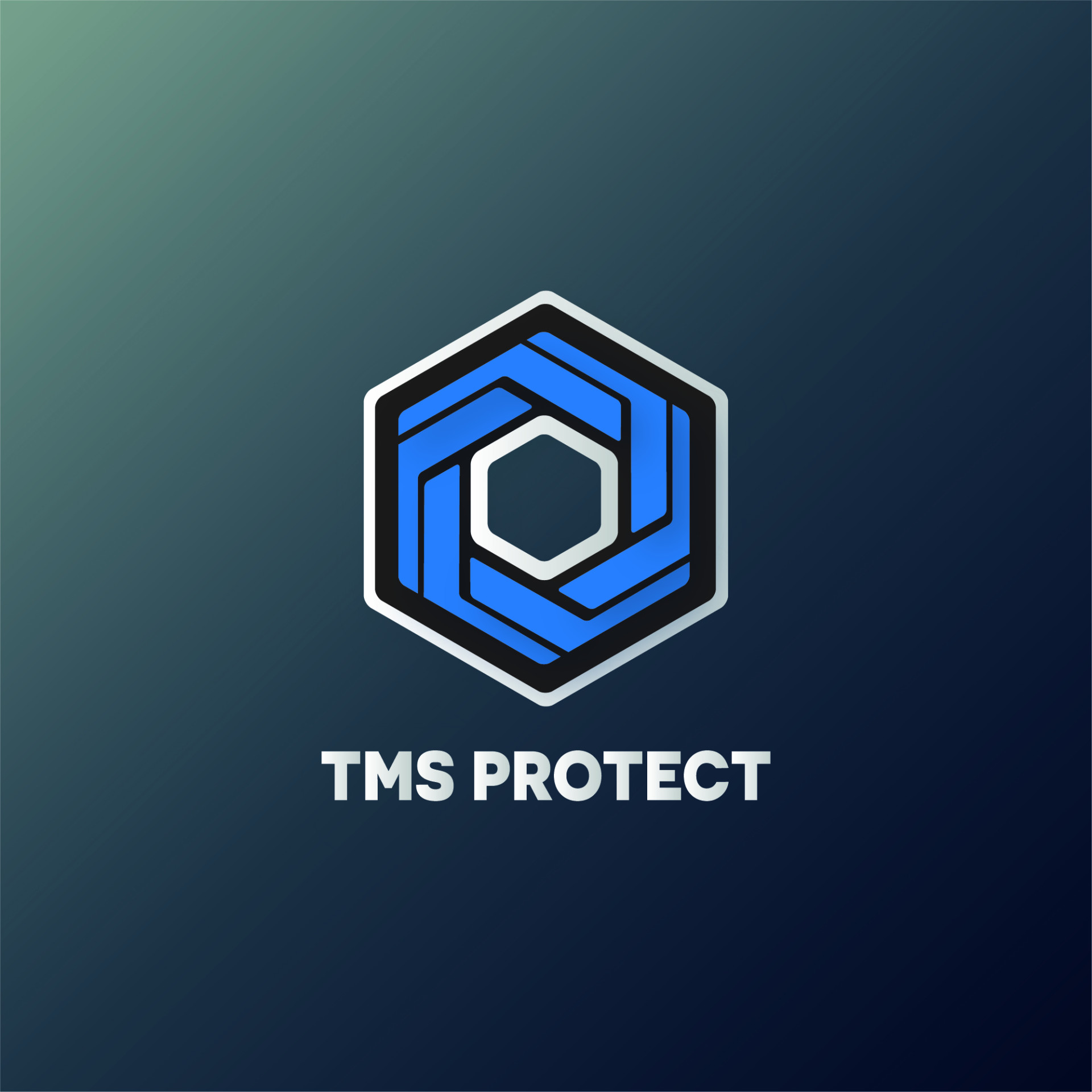ROLES AND RESPONSIBILITIES
As a member of any security team, you have specific roles and responsibilities that contribute to maintaining a safe and secure environment. It is important to understand and fulfil these responsibilities effectively. Here are some key aspects of your roles and responsibilities:
Protection and prevention:
- Ensure the safety and security of individuals, property, and assets within the assigned area.
- Monitor access points, conduct inspections, and implement security protocols to prevent unauthorised entry or activities.
- Identify and assess potential security risks, vulnerabilities, or threats and take appropriate action to mitigate them.
Crowd control and conflict resolution:
- Manage crowd flow, particularly during high-traffic periods or events, to prevent overcrowding or potential hazards.
- Respond promptly and appropriately to any disturbances, conflicts, or disruptive behaviour.
- Employ effective communication and conflict resolution techniques to de-escalate situations and maintain order.
Surveillance and Monitoring:
- Utilise surveillance systems, such as CCTV cameras, to monitor activities and detect any suspicious or unauthorised behaviour.
- Maintain a vigilant presence and conduct regular patrols to identify and address potential security breaches or risks.
- Report and document any incidents, observations, or irregularities accurately and promptly.
- Where available, use body-worn cameras to capture and record evidence for all incidents in which laws are violated, violence or the threat of violence is used, and a person’s safety is threatened. i.e drugs overdose etc.
Emergency Response and Preparedness:
- Familiarise yourself with emergency response procedures, including evacuation plans, first aid protocols, and communication protocols.
- Remain calm and act decisively in emergency situations to ensure the safety and well-being of individuals.
- Provide assistance and support to emergency responders, such as paramedics or fire services, as needed.
Communication and Collaboration:
- Maintain clear and effective communication with team members, supervisors, and other stakeholders.
- Share information, observations, and incidents accurately and promptly using designated communication channels.
- Collaborate with colleagues, other security personnel, and relevant staff members to ensure coordinated security efforts.
Understanding the Importance of Professionalism, Confidentiality, and Integrity:
As a security staff member, professionalism, confidentiality, and integrity are essential aspects of your role and you should;
- Conduct yourself in a professional manner, adhering to the organisation’s policies and guidelines, and representing the security profession with dignity and respect.
- Maintain confidentiality regarding sensitive information you come across during the course of your duties, respecting privacy rights and organisational protocols.
- Uphold high ethical standards, ensuring honesty, transparency, and fairness in all your interactions and decision-making processes.
Discussion on Legal and Ethical Obligations:
As a security staff member, you have legal and ethical obligations that you must adhere to, including:
- Familiarise yourself with relevant laws, regulations, and policies pertaining to security operations, privacy, and human rights.
- Exercise your duties within the boundaries of the law, avoiding any actions that could be deemed illegal or infringe upon individual rights.
- Treat all individuals fairly and impartially, without discrimination based on factors such as race, gender, religion, or nationality.
- Report any potential legal or ethical violations promptly to the appropriate authorities or supervisors.
By understanding and fulfilling these roles, responsibilities, and obligations, as a security operative you contribute to the creation of a safe and secure environment while upholding professionalism, confidentiality, and integrity. Please also refer to our diversity policy at the conclusion of this orientation programme.

